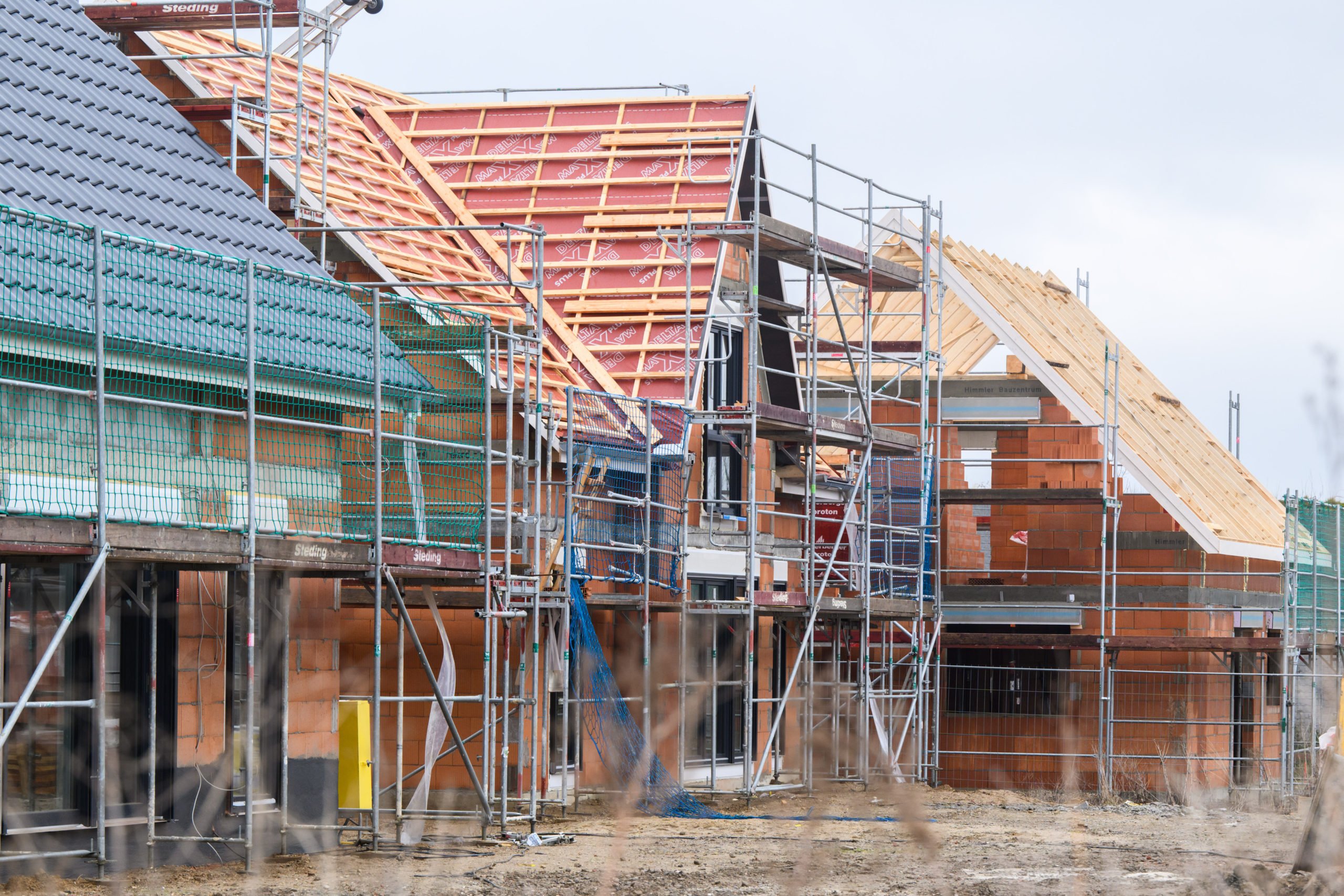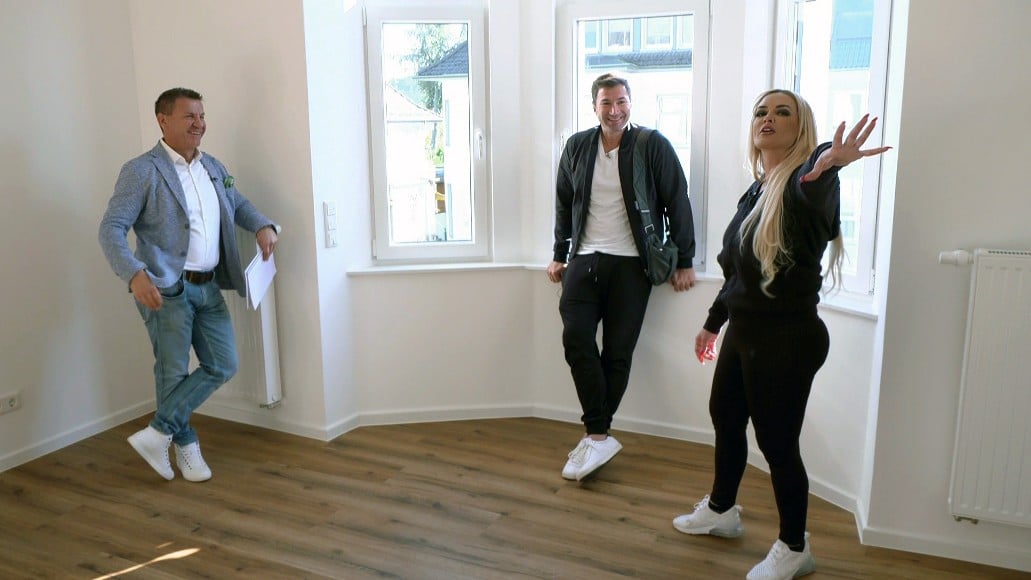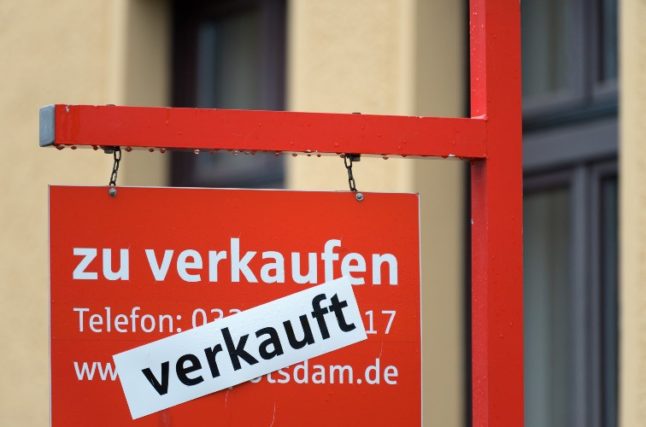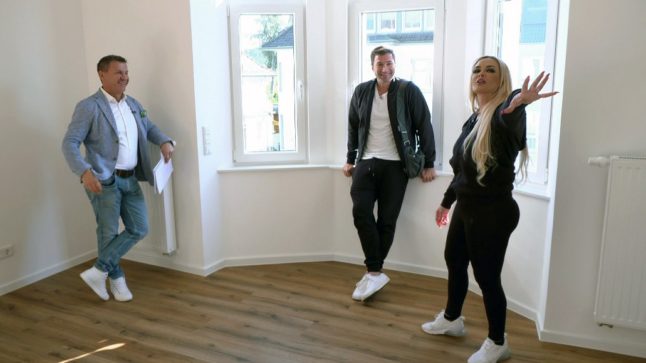As we all know, property is generally a solid investment – as long as you have enough cash to afford the considerable up-front payments involved.
Knowing whether now is the right time to buy is not easy. A recent drop in property prices in some German cities after years of dramatic price rises could indicate that there are deals to be had. On the other hand, the decision by central banks to put up interest rates in response to inflation could mean that taking out a mortgage will become less attractive.
But it’s not just the higher costs of borrowing that you should be aware of when buying a property. Additional costs, including taxes and real estate fees, could add a further 10 percent to the total spend on top of the actual price of your new home.
Meanwhile, people hoping to buy a property for themselves should be aware that sitting tenants are well protected. If you buy a property that is already let you will have to wait for months or even years before you are allowed to move in yourself.
Residency rules
The first thing to clear up, which will come as a relief to those who don’t hold German citizenship, is that there are no restrictions on foreigners buying property in Germany. That applies regardless of whether you are resident in the country or not.
Arguably, one downside of this light-touch approach is that it has helped fuel the massive surge in property prices that has taken place in recent years.
A report by Die Welt newspaper in 2018 found that almost half of property deals worth €10 million or more were carried out by foreign investors. Studies also suggest that the Italian mafia have bought billions of euros worth of German property in order to hide the source of their ill-gotten gains.
Taxes

The biggest additional cost of purchasing a property in Germany comes in the form of the Grunderwerbssteuer (land transfer tax). This tax applies both for properties that have already been built and for building plots.
The size of this tax is set at the state level, meaning that someone buying in Saxony (tax rate 3.5%), for instance, will face a much lower tax bill than some buying in neighbouring Thuringia (tax rate 6.5%).
Those huge differences in rates mean that the tax on a property sold at €500,000 could end up being €15,000 more just a few kilometres down the road.
READ ALSO:
- Germany’s Social Democrats plan to help people buy their own homes
- How property prices are dropping in major German cities
The states with the lowest Grunderwerbssteuer rates are Bavaria and Saxony, both of which haven’t raised the tax at all this century. Most other states have adjusted the rate over the past decade and purchasers should expect to pay an additional six percent of the purchase price to the taxman.
Debate has been raging in recent years about whether the size of the Grunderwerbssteuer is making it impossible for young people to get onto the property market. Studies show that it takes the average German four years to save to pay this sum alone, which often can’t be financed through a mortgage.
Some states, such as Bavaria, are pushing for a federal law which will free first-time buyers from paying the duty. The federal government has also promised to reform this tax but nothing is set in stone yet.
Estate agent fees
Up until recently, the person or company buying a property had to pay a huge commission of over seven percent of the purchase price to the estate agent. Coming on top of the land tax, that was a prohibitive cost for many people looking to get onto the property ladder.
But a law which was passed through the Bundestag in 2020 ensured that the estate agent fees would have to be split evenly between seller and buyer. Since then the buyer has “only” had to pay around 3.5 percent of the property price to the estate agent.
Experts advise though that one should try and negotiate a lower fee with the estate agent before the final contract is signed.
READ ALSO: How to sublet your apartment in Germany
Notary fees
Another notable cost involved in buying a property in Germany is the notary fee, which is the sum you give to the public office that ensures that the change of ownership becomes a matter of official record.
People who tear their hair out at the patchwork of rules across the German states will be relieved to know that the notary fee is set across the whole country at 1.5 percent of the purchase price.
Sitting tenants

Another key thing to consider when buying a property is whether it has sitting tenants.
If you are buying the property as a long-term investment there are several advantages to purchasing one which is already rented out, not least the fact that let properties tend to cost significantly less than unlet ones.
When you buy a let property the tenants and their rental contract come with it, which means you won’t have to deal with the hassle of finding a new tenant and agreeing on a new rental price.
On the other hand, German rental law ensures that tenants are protected against sudden hikes in their rental terms, meaning you might take over a property that is leased at under the current market value and find it hard to raise the rents. Rental law also protects tenants from eviction so as to prevent landlords from pushing them out in order to re-lease the property on more lucrative terms.
One of the few legitimate grounds for cancelling a rental contract is if you or an immediate family member plans to move into it, something known as Eigenbedarf (personal use). However, German rental law even gives some protection to sitting tenants in this scenario.
Typically a tenant who has been living in the property for a number of years needs to be given nine months’ notice before you can move in. In some states though, local laws give much more protection. In Berlin property owners are subject to a ten-year freeze on evicting a tenant starting from the point at which the property is purchased.
These complex rules surrounding tenancy rights mean that one it is advisable to consult a specialist lawyer about the particularities of local law before you make any such purchase.



 Please whitelist us to continue reading.
Please whitelist us to continue reading.
Member comments